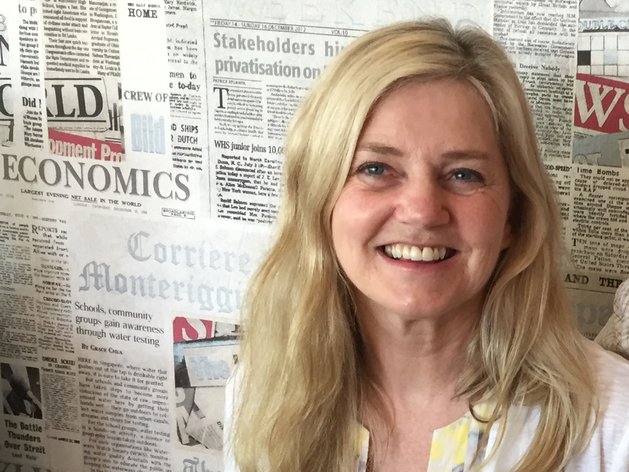Maybe it’s an epidemic, and maybe it’s not. It’s hard to say because it’s not always openly talked about. Physician burnout is a genuine problem for physicians, patients, and the entire health care system. After all, if physicians aren’t healthy, how can patients be?
So what is burnout? Dr. Jane Lemaire, Vice Chair, Physician Wellness and Vitality at the University of Calgary’s Department of Medicine, explains, “It’s a work-related hazard for people who are in the giving professions, physicians being one of those. They experience things related to the work that they do that tends to be very emotionally charged. Also, with physicians in particular, being professionals, there are often no set work hours and little time for people to rejuvenate.”
Burnout has a ripple effect. Dr. Lemaire explains, “Studies have shown that doctors who are burned out tend to spend less time with patients and that patients of burned out physicians may be less adherent to the advice their doctor gives them – almost as if they can sense the burnout and make a decision to not necessarily trust that doctor.”

What contributes to burnout?
Dr. Lemaire identifies three main contributors to physician burnout: Individual personality traits, the medical profession and the health care system.
Individual personality traits are key when assessing burnout because people drawn to this profession tend to be driven and self-reliant. They may be perfectionists and experienced in delaying gratification to achieve their goals. This type of achiever is at risk for burnout.
Aspects of the medical profession also contribute to burnout. There is an expectation that physicians display professionalism and not show weakness. This is especially true with mental health concerns, as there is still a stigma about seeking help. Further to that, each generation of new physicians learns harmful and dysfunctional behaviors, such as working long hours with no breaks, as this is often to be expected and even considered a badge of honor.
Finally, the health care system itself plays a huge role because the environment does not protect against burnout. Even simple prevention techniques, such as quick access to healthy food at night or on weekends and quiet places to rejuvenate, can be hard to come by.
Dr. Lemaire references the analogy of a canary in a coal mine. If you have a very healthy canary and you put it in a coal mine, and it’s a toxic environment, it doesn’t matter how healthy or resilient that canary is. It’s not going to survive.
“We have to start thinking about burnout at that more global level, as a more global concept, so we can have solutions that really affect the entire health care system,” says Dr. Lemaire.
Admitting it exists is the first step
Over the last 15 to 20 years, ideas about physician well-being have evolved from asking the physician to shoulder all the responsibility to making it a shared responsibility. The solution lies within all three levels – individual physicians, the medical profession and the health care system – and it will take a cultural shift to make change happen.
Physicians need to give themselves permission to practice self-care and, then take the time to actually do it. The medical profession needs to teach new physicians strategies to avoid burnout and encourage all physicians to take time for themselves and seek help when they need it. The health care system needs to be structured to support physician well-being, and that includes developing and hiring good leaders. Excellence in leadership is related to job satisfaction and reduction in burnout.
Where can physicians get help?
Alberta physicians, medical students and residents are fortunate to have access to the Physician and Family Support Program, which provides confidential support and help to any physician with personal health issues. In addition to a 24/7 confidential helpline, there are many other resources available to physicians.
Dr. Lemaire is also optimistic about Well Doc Alberta, a provincial approach to shaping the future of physician wellness. While still in the early stages, the initiative has great potential to shift the current culture in a more positive direction.
“We’re not where we need to be, but we’re moving in the right direction,” concludes Dr. Lemaire.
Banner photo credit: Gerd Altmann, Pixabay

